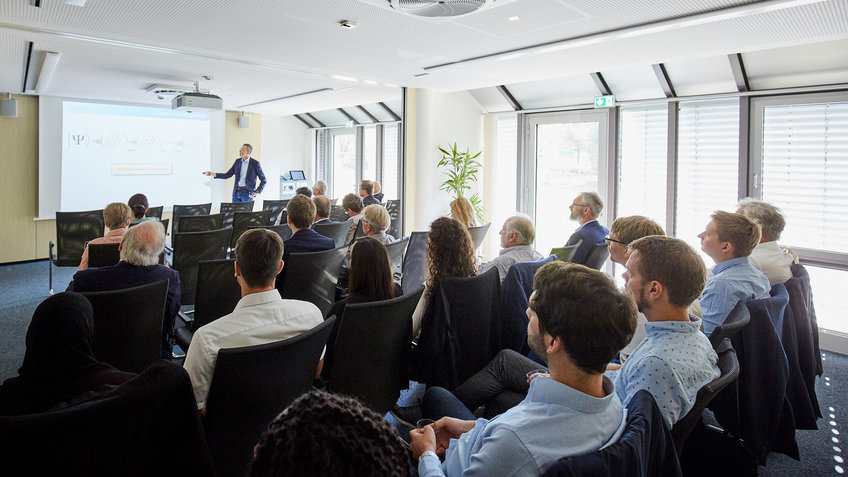In the quantum information literature, self-testing refers to the action of uniquely determining a quantum state based solely on the statistics of measurement outcomes and minimal assumptions. These quantum self-testing protocols are more stringent than well-known Bell tests. While violation of a Bell inequality for a bipartite system establishes that its quantum state is entangled, it cannot certify, for instance, that its quantum state is maximally entangled. We extend self-testing techniques to certification of quantum measurements in various physical settings.
[more]

